Italian Football Scandals: Always Lurking
If you’ve been wondering why Newcastle United have been playing so many in-house friendlies this summer, you don’t have to look any further than their midfielder Sandro Tonali.
As you’ve probably heard by this stage, the Italian international has been serving a 10-month ban from professional football for breaching betting rules while playing with Milan. Since October 27, 2023, Tonali has been limited to training with the Magpies, with that ban set to expire on August 29.
Tonali is just the newest victim of Italian football’s never-ending cycle of scandals, controversy, and allegations. A country obsessed with the beautiful game but where the beautiful game never seems to be without problems. From Calciopoli to Scommessopoli, let’s have a look at what keeps going wrong and if there is any way back.
Italian Football Scandals: A Long List
Fagioli, Tonali & Turin’s Prosecutor
The investigation by Turin’s prosecutor into 40 footballers first came to light in October 2023, when Nicolo Fagioli of Juventus admitted to authorities that he bet on football matches through illegal websites.
He denied ever betting on teams he played for and was quick to aid the investigation. His comments at the time brought Italy teammate Tonali into the picture: “Sandro Tonali suggested I play on an illegal site. I saw him play and asked him what he was doing; he told me I could do it too because there was no trace of betting.” It is important to note that Tonali denies introducing anyone to illegal betting.
While preparing with the Azzurri for qualifiers against Malta and England that month, Tonali and his teammate Nicolo Zaniolo were allowed to leave Coverciano to speak to authorities. This is when things got worse for the Newcastle man.
Admitting to placing bets on Milan matches while playing for the club brought with it the possibility of a three-year ban and other serious ramifications for Tonali’s career. While Fagioli was hit with a 12-month ban (five of which were suspended) and a decidedly lenient fine of €12,500, his teammate was always more likely to get a longer sentence based on the offences he admitted to.
Betting on his own side was never a good move and it could have ended with sports crime convictions for match fixing. Even controversially proclaimed “King of Paparazzi,” Fabrizio Corona claimed that the then AC Milan man was in breach of Article 24 of the Italian Code of Sports Justice.
This states: “professional footballers are prohibited from gambling on official events organised by FIGC, UEFA, and FIFA and ‘can’t place or receive bets, directly or indirectly.” A fact that was never in the former Brescia player’s favour.
Although his ban finishes this month, the fallout for the player and country will last, and Scommessopoli will be added to the long list of scandals that have plagued Italian football.
“We’ve Always Got to Have a Scandal”
Those are the words of Zdenak Zeman, former Foggia, Lazio, and Roma manager. It’s hard to argue with the Czech-Italian. Even if it would be fair to say ‘king’ Corona brought things to farcical levels with his drip-feeding of names on the internet.
Also when one of your apparent source comes out and says: “The information is false, I have no proof, I’m speaking completely nonsense.” regarding Roma youngster Nicola Zalewski’s alleged involvment, you may lose some credibility. Truthfully, and with the benefit of hindsight, Scommessopoli was probably blown out of proportion by those who have had to wait since 2006 for an existential crisis to take hold of Italy’s most followed religion. That particular episode is one we’ll come onto later.
Without a doubt, the actions of Nicólo Fagioli, Sandro Tonali, and others are objectionable, but Italian football must also look in the mirror and hold itself accountable for the many scandals that have battered and tarnished it’s reputation.
These young men have fallen into addiction, lost time on the pitch and, in the case of Fagioli, racked up debts of almost €3 million. Two young talents may or may not ever reach the heights they hoped for because of the industry and the league’s dodgy relationship with gambling. As mentioned above, footballers can’t bet on matches, which everyone can agree makes sense, but then they are bombarded with every type of gambling imaginable.
In a desperate attempt to keep up with the colossal wealth of the Premier League, Serie A and it’s clubs have struck deals with every gambling company under the sun. Up until last year, Lega Serie A saw fit to have gambling company 1xBet as it’s world feed broadcast partner, seen at every replay opportunity. Juventus signed a deal with Eurobet. Since last year, Milan has been partnering with the gambling company Boomerang. Even Lecce, who finished 14th, has one of the biggest sponsorship deals with Betitaly. All this despite it being illegal to have sponsorship from a gambling company.
To bypass the ‘Dignity Decree’ passed in 2018 gambling websites have set up news portals on their websites they claim are the only portals partnering with the clubs. Examples include the aforementioned Eurobet, who have an ad on Italian TV featuring former striker Luca Toni and Starcasino.
These ‘infotainment’ companies flash incessantly on advertising boards during matches and have their odds read out as part of pregame coverage as the communication regulator AGCOM still claims it is nothing more then information. The important parts that make these deals legal are obvious to even children watching in a country suffering from rising levels of gambling addiction and use of unauthorised sites. That is a story for another day though.
What is clear is that despite wading through murky waters, the league and clubs always emerge with their hands clean, looking straight ahead, while the players and supporters they see as assets are left behind to sink. You might be getting a sense of deja vu. Probably because this type of thing is not exactly unheralded in the world of Calcio.
Calciopoli: Moggi, Referees & Serie B
Undoubtedly the most famous installment in Italy’s sporting soap opera began with an investigation being launched into a league match between Messina and Venezia on April 18, 2004. Seeing his team go down to 8 men, Venezia’s ‘keeper Salvatore Soviero had enough and went after anyone he could get his hands on, seen here in the video aptly titled ‘Soviero against everyone.’
Weeks later, wiretaps were set up to catch out Juventus general manager Luciano Moggi. He plays the starring role in this escapade by allegedly influencing a variety of people in his massive network.
He supposedly suggested what journalists should write but the most concerning aspect was how he seemed to make sure certain referees would conveniently not take charge of Juventus games. The Carabinieri even went to observe the refereeing draw for a matchday in the top flight. Phone tapping continued through 2004 and 2005. Investigators claimed Moggi had six phones, 300 SIM cards, and over 100,000 phone calls over a nine-month period.
Here’s a small extract of an intercepted phone call between Moggi and Pierluigi Pairetto, who was head of the Italian referee’s association at the time. The pair were discussing referee preferences only for pre-season friendlies. Showing the detail they went into for even meaningless fixtures:
Moggi: Oh, at Messina send me Consolo and Battaglia.
Pairetto: I already did it.
Moggi: And who will you send us?
Pairetto: I think Consolo and Battaglia.
Moggi: Eh, with Cassara?
Pairetto: Yes.
Moggi: And at Livorno, Rocchi?
Pairetto: At Livorno Rocchi, yes.
Moggi: And for the Trofeo Berlusconi [against Milan] – Pieri, please?
Pairetto: We have not done it yet.
Moggi: We shall do it later?
Pairetto: Ok we’ll do it later.
The referee for that Juve – Milan game was none other then Pieri.
As investigations progressed, a web of influence, pressure, and prearranged circumstances became apparent. Hundreds of transcripts were published in newspapers, and almost every big club was punished with points deductions ranging from 3 for Lazio to 8 and relegation to Serie B for Juventus. The one club that seemed to get off the hook was Inter. Not only did they face no punishment but they were also handed the 2005/06 Scudetto. Over the next few years, this became a major issue for the Juventus while their club languished in the second division.
Dietrologia & Conspiracy
The concept of dietrologia, or behind-the-scenes, in Italy is a popular belief and one that has unfortunately proven to be true on some occasions. It is the idea that if something happens, there is always someone else acting on it or controlling it. An example of this school of thought is a conspiracy against the Old Lady (Italy’s most supported club) that many Juventus supporters believed.
It centred around the biggest phone provider in Italy at the time, TIM. The director of TIM at the time was Marco Tronchetti Provera. A man who also happened to be vice president of Inter. You can see where this is going. The wire-tapping and lack of punishment seemed too suspicious for some of the Juventus faithful. No wrongdoing was ever proven, however, and it remains just another football conspiracy theory.
In the final sentences (which took until 2015 to pass down), Moggi and Antonio Giraudo had their charges dropped due to Italy’s statute of limitations. Importantly, Moggi and Giraudo, along with the majority of people supposedly involved, deny any wrongdoing and have not been convicted of any crimes.
The fact that the legal and football penalties were drawn out over so many years means it is still almost impossible to nail down the blame to any one person, club, or organisation. The real losers once again are the supporters.
Will Calcio Ever Move On?
The most frightening fact in all of this is how easy it seems for a few disputed facts and a media frenzy to ignite a country-wide scandal and drama on multiple occasions. It seems football on the peninsula is forever putting out the flames from one drama only to have a head-on collision with the next a few kilometres down the road. The sports media, overly involved presidents, and general sensationalism do not serve to help, but they are also what make Italian football the dramatic and entertaining circus it is.
For those who watched Italy’s desperately disappointing and defeatist performance against Switzerland at the Euros, it is obvious the Azzurri are nowhere near what they used to be. While the FIGC is firefighting, the players and academies needed to challenge for international tournaments are seriously lacking. Failing to qualify for two World Cups in a row should be big enough of a wake-up call but it seems little is being done.
Yes, under Mancini, Italy triumphed at Euro 2020 but the further away we get, the more that looks like an anomaly. A great coach, a great squad, and real belief in ability sometimes come along at just the right time. Despite being a moment many will never forget, the victory unfortunately did little more than cover up critical internal problems with a fantastic exterior in the same fashion as an Alfa Romeo.
Through education, players can be helped to recognise the dangers gambling poses. Through tougher rules and laws around football, corruption and creative accounting can be decreased. There are simple steps to take to avoid more disasters, but they must be taken now.
If there is any hope of Serie A and Italy getting anywhere near the Premier League in terms of revenue, they must learn to run a marathon at a steady pace, not burst out of the blocks all while making a series of questionable decisions. Finally and most obviously, it is very hard to win any race when you insist on repeatedly shooting yourself in the foot.


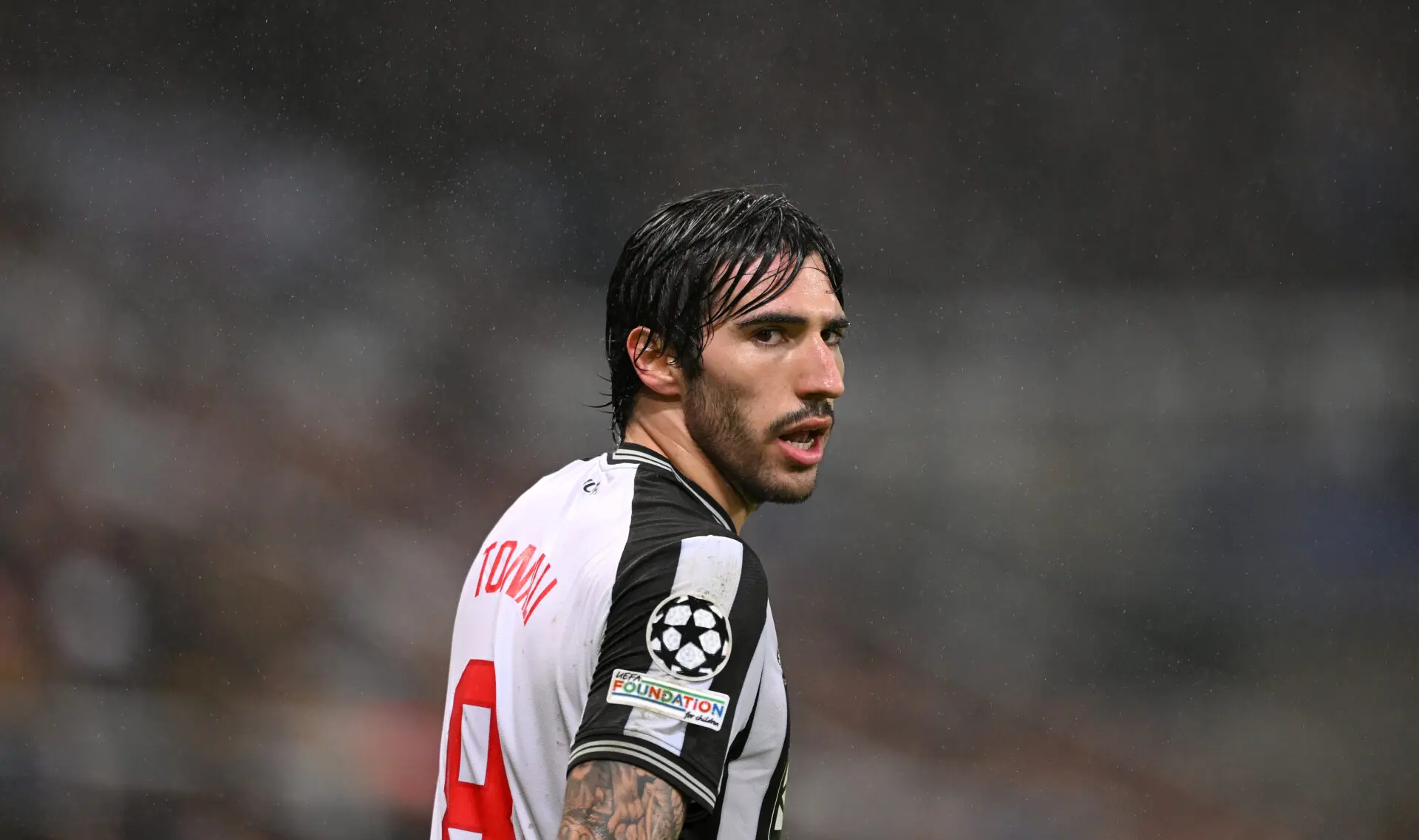
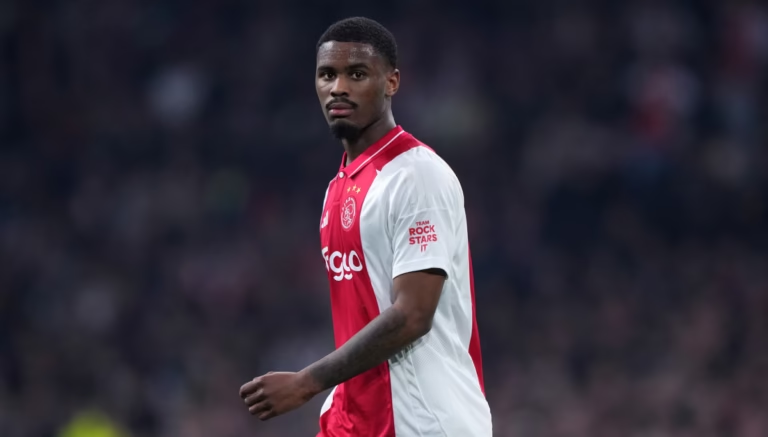
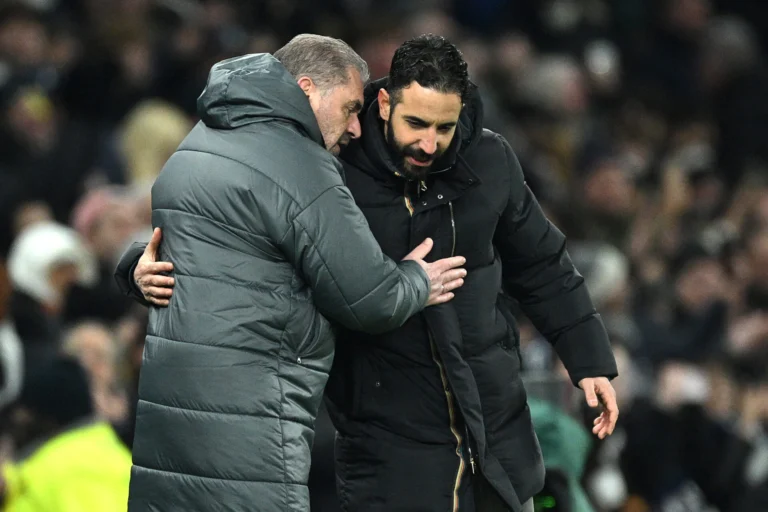
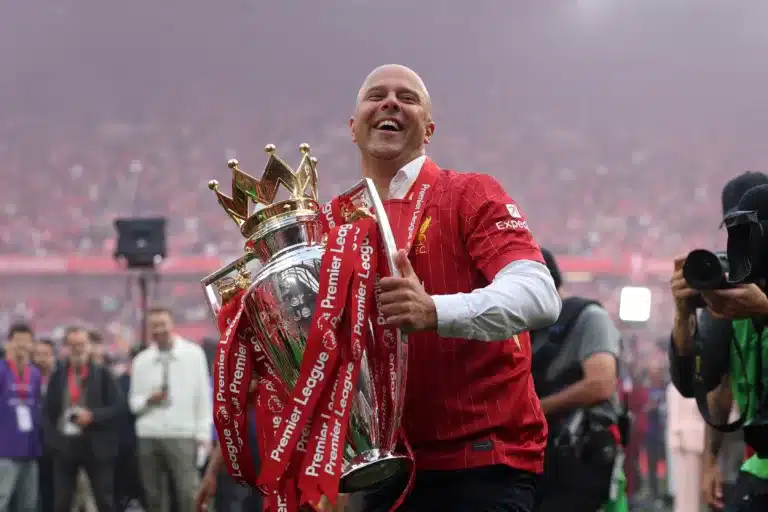
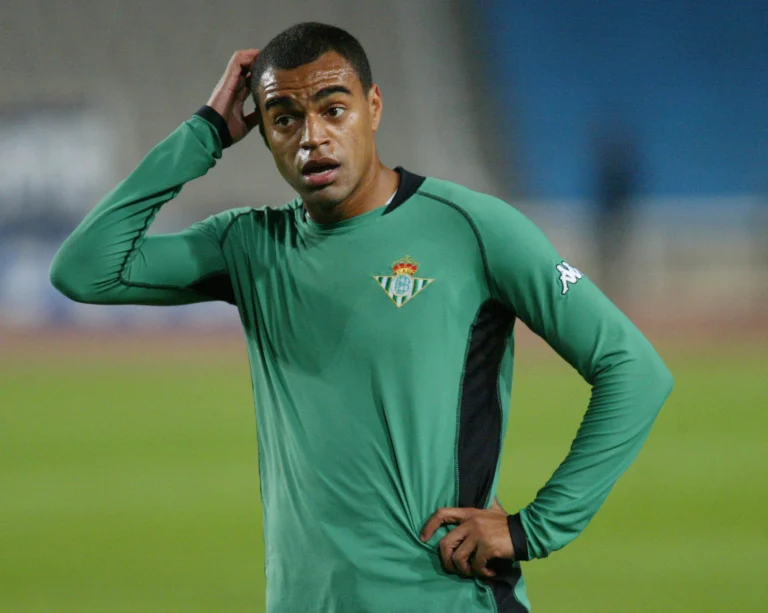
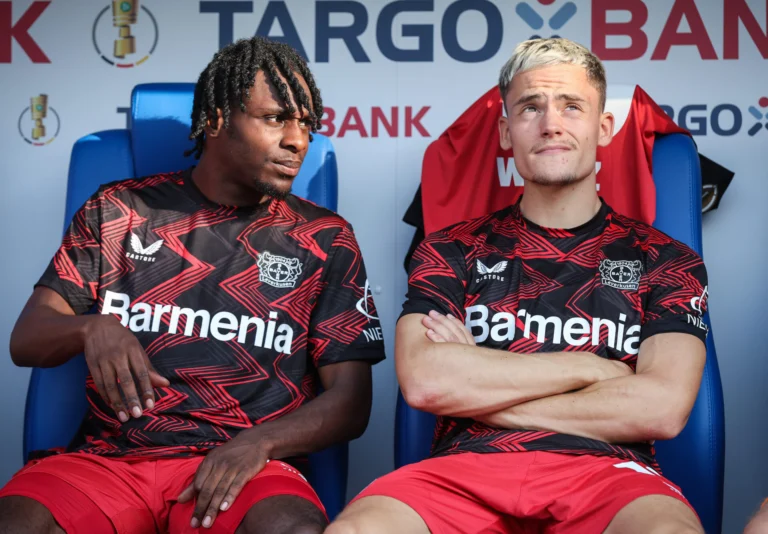
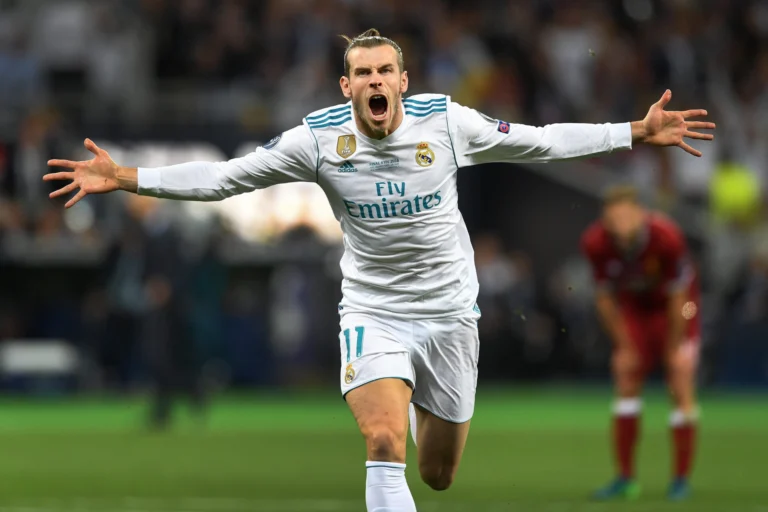
2 Comments